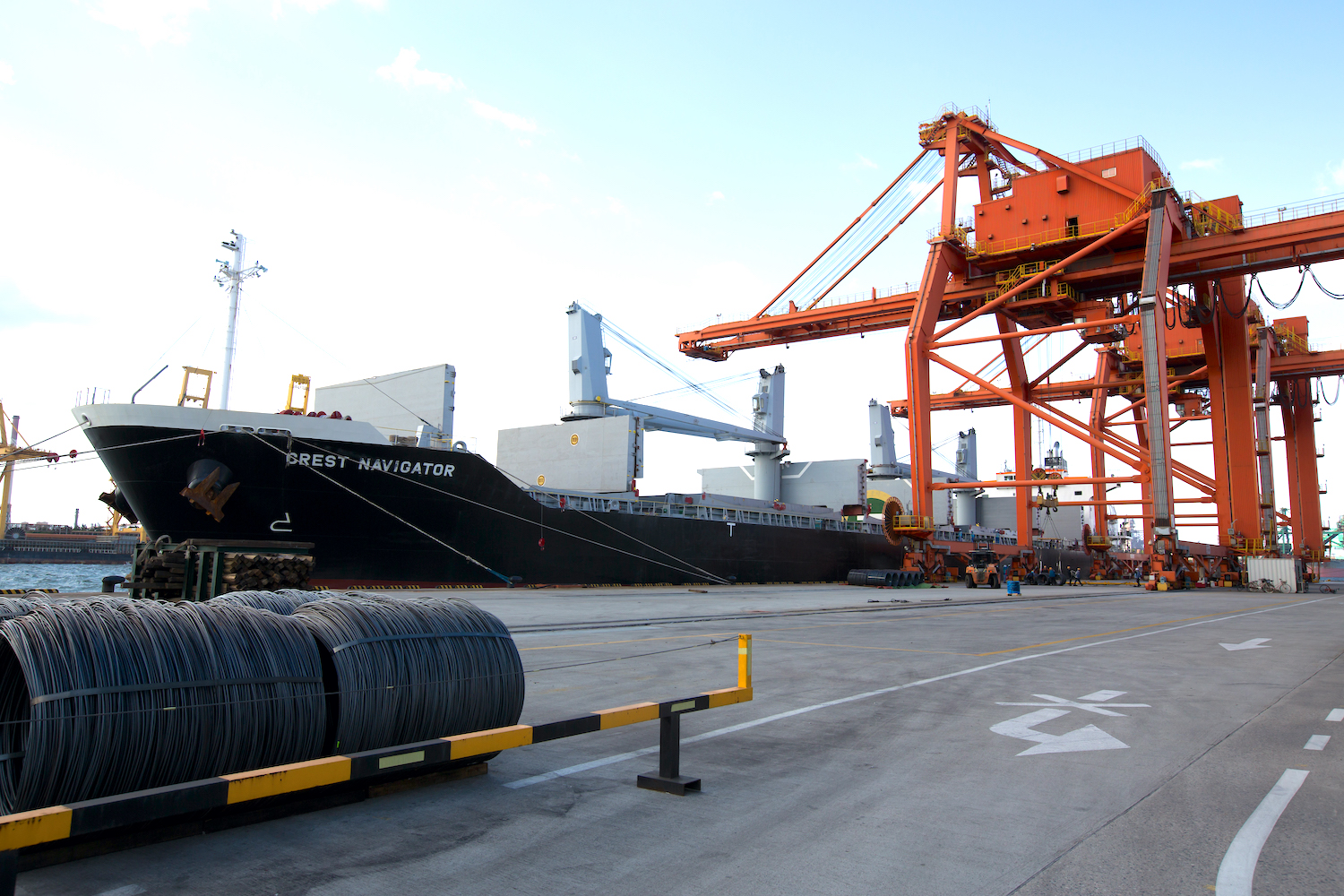The European Commission is unlikely to extend its current three-year steel imports safeguards system for more than one year, unless European Union steel producers can prove they continue to suffer or could suffer serious injury from imports, the World Trade Organization said March 2.
Measures imposed for more than a year must be progressively liberalized, and third country exporters to the EU could be offered compensation for any extension, the WTO said in response to inquiries from S&P Global Platts.
The WTO highlighted its position on safeguards following the EC’s launch Feb. 26 of an investigation to determine whether current EU steel import safeguards – based on a tariff-rate quota system – should continue after the current system expires on June 30. The investigation has been requested by 12 EU member states, in view of “continuous significant import pressure from third countries and….the fact that global overcapacity remains at a very high level.”
Consumer associations including carmakers’ group ACEA and WindEurope say an extension would be unjustifiable given recent declines in import levels and skyrocketing steel prices, adding layers of uncertainty and volatility to an already nervous EU steel market.
“A WTO Member shall apply safeguard measures only for such period of time as may be necessary to prevent or remedy serious injury and to facilitate adjustment,” according to the Agreement on Safeguards on the WTO website. “The period shall not exceed four years.” Extension – up to a total maximum of eight years’ duration – can be made only if products are “imported in such increased quantities, absolute or relative to domestic production” as to cause a “significant overall impairment in the position of a domestic industry that produces like or directly competitive products.”
Falling exports
The EC introduced steel safeguards on 26 product categories in July 2018 after steel imports surged in 2017-18 and the US’ March 2018 imposition of Section 232 taxes on steel imports, which caused trade deviation. Imports subsequently fell from a share in the EU market of 22.5% in 2018 to 19.7% in 2020, a reduction of more than 9 million mt of imports, according to EU-based steel business consultant Georges Kirps.
Over the same period, however, EU mill supplies into the EU steel supply chain also fell by as much as 17-18 million mt, bringing overall EU steel market supplies to fall by 19% over the last two years, while real consumption fell by an estimated 14% only, according to Kirps. Now that the market has rebounded, supported by government stimulus in a COVID-19 recovery effort, this has resulted in a supply and demand “mismatch,” a tightness of certain product types, very long delivery mill lead times, and steel product price increases, he said.
Platts’ assessment of domestic hot rolled coil prices ex-Ruhr has risen 54% over the past 12 months to 13-year highs, rebar is up 39%, while flat steel stocks in the German steel distribution system are at 33-year lows, stock association BDS reported last week.
“Significant disruptions in steel supply chains … in European industry and construction,” could be aggravated by an extension of safeguards, Kirps told Platts, amid current signs of “toxic ingredients of a highly speculative steel bubble with latent and considerable risk of imploding sooner or later.”
Compensation requests
In March 2020, Turkey, traditionally a major steel exporter to the EU, initiated a WTO dispute complaint challenging the EU’s original decision to impose the safeguard measure on steel. This is currently still under review by a panel set up the following August, the WTO said.
The EU’s proposed adjustments of the safeguards in June 2020 following a Second Review investigation triggered responses from India, Russia, Turkey and Switzerland, seeking ways to achieve the objective of Article 8.1 of the WTO Agreement on Safeguards, covering trade compensation for the adverse effects of the safeguard and a “substantially equivalent level of concessions,” the WTO said. Concessions could include countries’ imposition of their own tariffs or restrictions, it said.
In November 2020 came a further request from Switzerland for consultations after the EU notified of its plan to adjust tariff-rate quotas.
Kirps believes extension of the EU steel safeguards would increase numbers of compensation requests or retaliation measures by trade partners, particularly as the EU steel industry has maintained its own, significant, export share steady at around 12% of EU mills’ steel deliveries between 2018 and 2020, “despite an increasing protectionist environment. Retaliation measures eventually could hamper a significant part of the business pie of EU steel,” the consultant said.
— Diana Kinch






